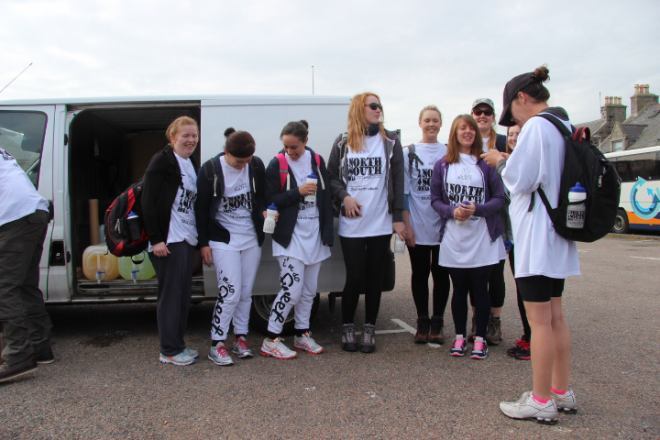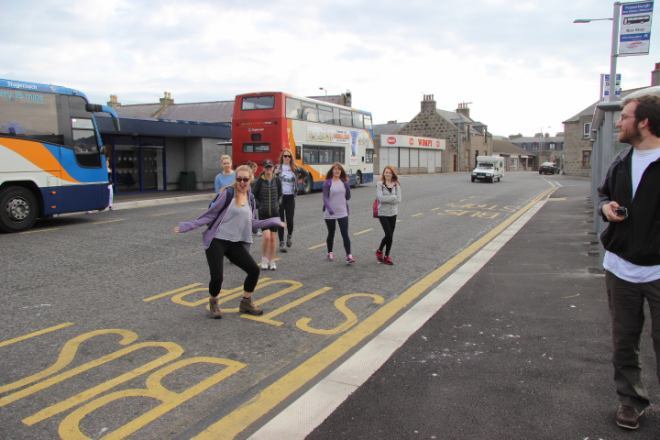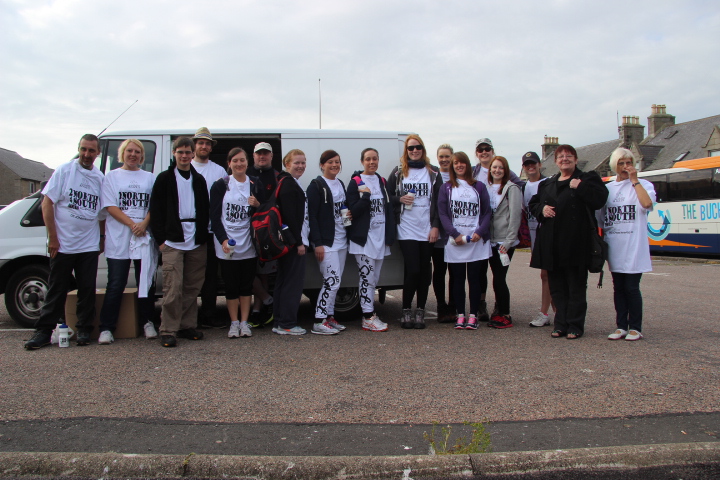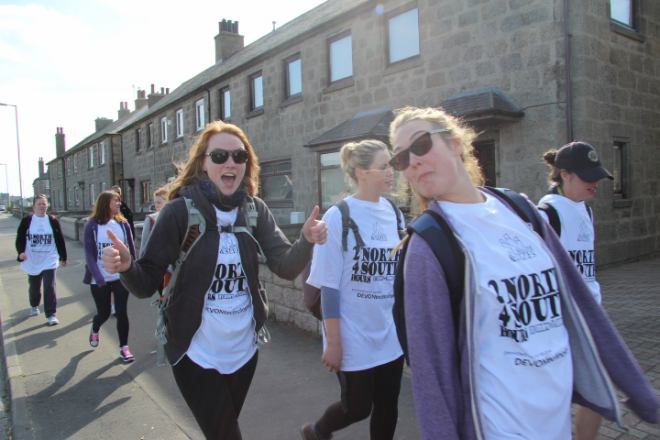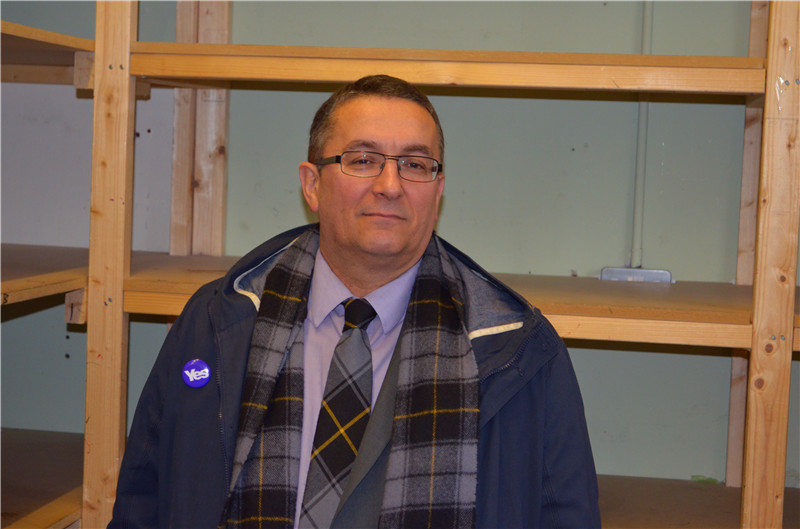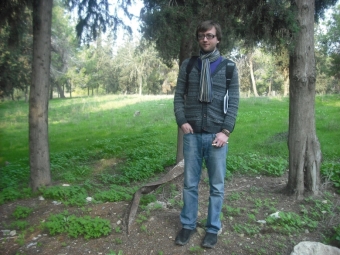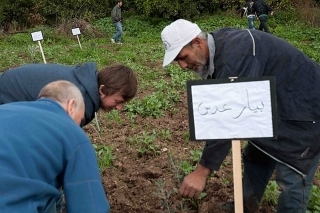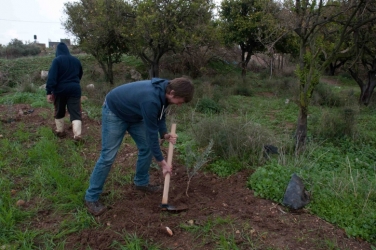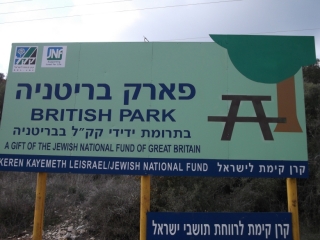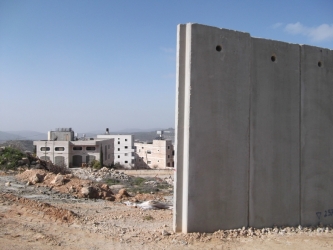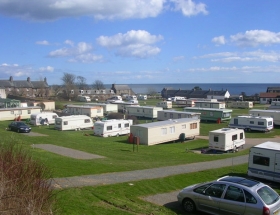Old Susannah returns, less feeling her age than feeling her rage. By Suzanne Kelly.
 I wish we could ask the late Ian Bell, award-winning Scottish columnist who died in his late 50s, what he’d think of an award in his name that excluded anyone over 30.
I wish we could ask the late Ian Bell, award-winning Scottish columnist who died in his late 50s, what he’d think of an award in his name that excluded anyone over 30.
Awards and prizes are a great help for upcoming journalists who need to be acknowledged and employed. The NUJ which is involved in this award with Bell’s family, have decided that young writers need encouragement. Over 30? You need not apply.
Not everyone who emerges from a degree course or NCTJ training is under 30. Many people decide to change their careers by choice or force.
Aberdeen has seen 60,000 oil industry jobs go in the latest downturn. Anyone who loves Scotland as Bell did will be concerned for the future of these people, more than a few of whom are older than 30 or, believe it or not, some are even older.
Many people take up journalism after spending decades watching politicians and stories come and go. Older people have personally experienced more of how the political pendulum swings and have seen more scandals, triumphs and failures than their younger writing counterparts. Serious journalism students of all ages will of course read deeply into historic issues and great writers.
Sadly, I’ve met fellow students who don’t for instance have any idea who the late great Paul Foot was.
William Faulkner said:
“A writer needs three things, experience, observation, and imagination, any two of which, at times any one of which, can supply the lack of the others.”
It seems the organisers of this Ian Bell award have prioritised these three traits for us.
Faulkner left out the fact writers need to earn money though, and that is a major factor as to why writers apply for awards. Any journalist going for awards who does so just for the temporary food, praise and trophies these dog and pony shows provide for the ego is not going to get far (unless they are related to someone famous in this world where nepotism extends through every sector from music and the arts through to the Oval Office).
The NUJ is part of the problem in this situation. If this were a completely private prize, then the organisers are free to stipulate that the contestants must all have blue eyes, wear Ancient Weathered MacKay and have been born in Edinburgh in 1988 if it pleases them. But when the National Union of Journalists proudly promotes a competition that excludes a sector of society over a trait they have no control over such as their age, it is discrimination.
Substitute ‘under 30’ in the competition literature for ‘black’ ‘straight’ ‘white’ ‘French’ ‘gay’ ‘over 6′ tall’ – if you need the discriminatory nature of this award spelled out to you, and you will begin to see why this is so very wrong. It’s a union and it’s saying only those under 30 need apply. Is this behaving like a responsible, equitable union?
Sectors of our culture and the media are obsessed with youth. In some sectors happily this is changing. Modelling agencies specialising in older talents realise we have a growing older population.
Everyone who participates is saying they agree with age limits on prizes to writers
If an industry based on outward appearance acknowledges that older people have a great deal to contribute and are to be hired and rewarded, why on earth is a sector based on the mind’s ability to synthesise and create excluding such a rich seam of talent?
What would Bell, who was born in 1956, say about excluding people who are younger than he was when he passed for an award in his name?
His passion for Scotland – is this something he felt only the young could share? The family and the NUJ have indicated that young people may be more likely to write in Bell’s style. They are welcome to explain if that means those under 30 are sharper, better writers, more concerned with issues, and better than their older counterparts trying to break into journalism. We should be told.
The NUJ reps replied fairly swiftly to early complaints about this ageist competition. They have been asked to supply a statement on their position on ageism but have not done so yet. When they do, it will be published here.
The deadline is 15 November. Doubtless a dinner will be held for the finalists, a happy winner will make a speech, and everyone will go home after a feeding and watering, some with new job leads. Everyone who participates is saying they agree with age limits on prizes to writers. Sadly that includes family members who should know better, and the NUJ, which has really compromised itself this time.
There seem to be many awards for writers under 25 or under 30. Many of these are for specific disciplines. This is not discriminatory; it makes sense to look for the best people in specialised fields. What does not make sense is telling people over 25 or 30 that it is acceptable to exclude them. The message is clear: you are not valued if you are not young.
The NUJ and Bell’s family are applauded for commemorating a great writer. It is however a pity how they decided to do this while shutting the door on so many others.
On a personal note:
This week I found out I passed my NCTJ exams and am now qualified to write. I’ve been writing for many years about Scottish issues from cases of corruption, ineptitude, conflicts of interest, Trump’s involvement, environmental issues, animal welfare, people abused by ATOS and the system.
I’m 56. If continuing to fight against discrimination puts me at odds with a union I’ve just joined so be it.
The people who inspired me to get involved with Aberdeen Voice (an independent, not-for-profit apolitical online publication) were all over 40. We happily took submissions from people in their teens through to pensioners. Am I wrong to expect the same level of integrity and inclusiveness in the NUJ as I do from Aberdeen Voice? It would seem so.
If this essay seems like sour grapes, it is not myself I am thinking of any more than when I’ve tried to champion Menie resident, ATOS-persecuted people, pensioners and others discriminated against. I am possibly better placed than other upcoming older journalists to find that important first job than many of them are – this kind of bias makes me fear for their futures.
This is about a union’s responsibility to all of its members, to fighting ageism and treating it as seriously as I would any other form of discrimination. This is about hundreds of older writers who should be considered for this and other prizes. There are forces that would turn journalism into a workplace for young people only – there is a national I know of that unofficially only hires those under 25.
Youth is a wonderful thing. It is also just a bit coincidental that you can pay younger people less than older people in some situations. If your news source seems to be dumbing down, you might want to look at its inclusiveness policies – if any.
- Comments enabled – see comments box below. Note, all comments will be moderated.
